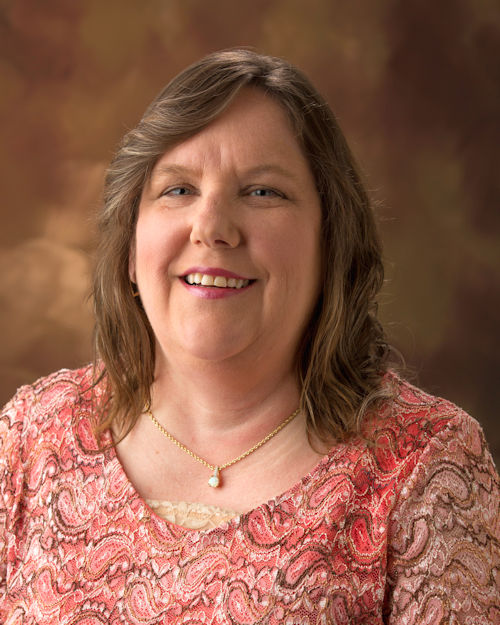Robotic-assisted surgery was one of the tools that helped Marie Dobbs win her battle against colon cancer.
“My recovery was so much better because I had robotic surgery,” said Dobbs. “The recovery time is less and it’s much less impact on the body.”

Her surgery was just one step in a long journey that began in April 2015, when Dobbs was only 49.
Dobbs had a routine blood test to monitor her
thyroid condition, and that same day she got an urgent phone call from her doctor saying that her thyroid was fine but her hemoglobin levels were dangerously low. Her hemoglobin was only half the normal level, and she’d need another blood test and a blood transfusion.
Doctors suspected she was bleeding somewhere internally. Dobbs has
gastroesophageal reflux disease (GERD), so her gastroenterologist called for an endoscopy procedure to examine her esophagus. He also
suggested a colonoscopy.
“I just knew he was going to say, ‘you have a spot in your esophagus that’s bleeding,’ and I thought nothing of the colonoscopy,” Dobbs recalled.
She was shocked to learn she had a large mass on the right side of her colon.
Based on the size of the mass and the results of a
computed tomography (CT) scan, doctors suspected cancer. She needed surgery to remove it and a biopsy to confirm the diagnosis so physicians could better plan her treatment.
David Griffin, MD, a board-certified general surgeon with
Carrollton Surgical Group, part of Tanner Medical Group, used Tanner’s da Vinci
robotic-assisted surgery platform to remove the mass — along with 17 inches of her colon and her gallbladder.
“Dr. Griffin told me everything up front and I knew exactly what to expect,” said Dobbs, who lives in Ranburne, Alabama.
Dobbs’ surgery was in May. Her hospital stay was only four days.
“There was only a tiny incision above my belly button and five tiny incisions where the cameras and instruments went in,” Dobbs said. “If I ever had to have surgery again, that’s the way I’d do it.”
Dobbs was diagnosed with stage 3 colon cancer and began chemotherapy in June. She did 12 cycles of chemotherapy and managed to continue her work as a benefits administrator at Tanner Health System throughout the treatments.
She was tired, but mostly she just felt grateful to be alive and to be able to be with her family and do things like watch her son’s high school baseball and football seasons.
“God took care of me in so many ways,” Dobbs said.
She says she could have died from cancer because she wasn’t due for a colonoscopy until she turned 50 — and by then it could have been too late.
“Colon cancer is a preventable cancer with the proper screenings, but it often doesn’t give you any warning,” Dr. Griffin said. “You typically don’t have any symptoms.”
Dr. Griffin explained that detecting and removing polyps can often prevent colorectal cancer.
The American Cancer Society recommends that men and women who are at average risk should be screened at age 50. People with certain health conditions or a family history of colorectal cancer should be screened earlier.
At 51, Dobbs is enjoying life and even taking college courses.
“My story is a success story because my son graduated from high school this year and I was there to see him do that,” Dobbs said.